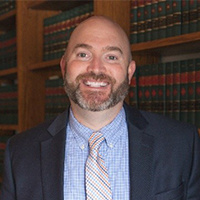Callicoon Center RICO Act Lawyer, New York
Sponsored Law Firm
-
 x
x

Click For More Info:
-
The Law Offices of Richard L. Cooper, P.A.
848 Brickell Avenue Suite 800 Miami, FL 33131» view mapDWI/DUI, Drug Trafficking, Felony Nationally Ranked Top 40 Under 40
With Richard L. Cooper you can expect a trusted confidant who will work diligently to fully understand your case and determine a road map to help you regain control of your life.
800-756-2781
Not enough matches for Callicoon Center RICO Act lawyer.
Below are all Callicoon Center Criminal lawyers.
Scott A Russell
✓ VERIFIEDCriminal, Wills & Probate, Employee Rights, Banking & Finance
With experience serving the public as an Assistant District Attorney, prosecuting minor traffic infractions and serious felony offenses, as public def... (more)
Cirino M. Bruno
Mediation, Business & Trade, Commodities, Criminal
Status: In Good Standing Licensed: 48 Years
Jacqueline Ricciani
Other, Employment, Criminal, Civil Rights
Status: In Good Standing Licensed: 30 Years
John Ferrara
Criminal, DUI-DWI, Divorce & Family Law, Family Law

 Richard L. Cooper Miami, FL
Richard L. Cooper Miami, FL AboutMiami Attorney at Law
AboutMiami Attorney at Law ServicesCriminal Defense
ServicesCriminal Defense

